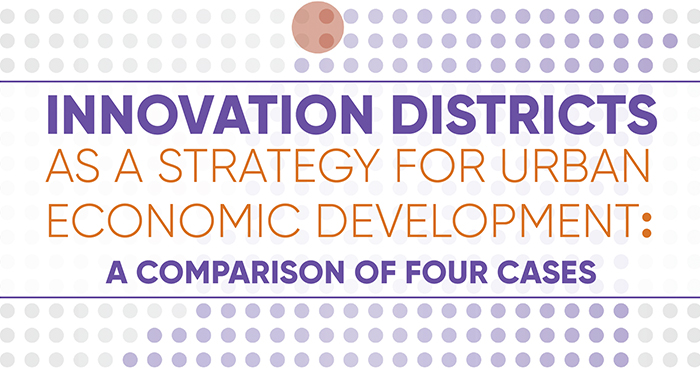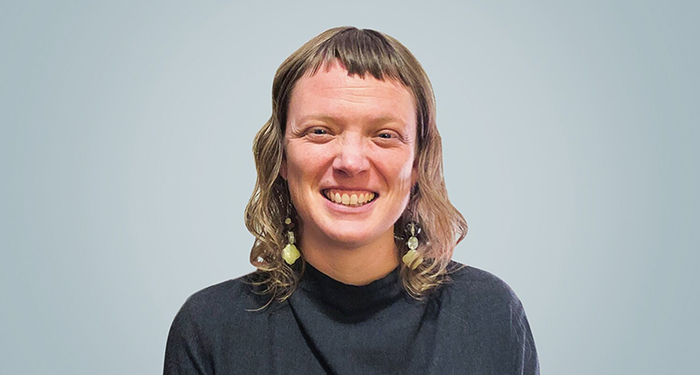Participatory Budgeting (PB) Chicago is a project of the UIC Great Cities Institute. PB is a democractic process in which community members directly decide how to spend part of a public budget. PB originated in Puerto Alegre, Brazil in 1988 and first began in the US in Chicago in 2009. PB Chicago works to expand PB processes throughout the city of Chicago and has successfully allocated 35 million in public dollars to over 170 community projects through the voting power of over 32,000 residents.
Over the past 30 years, Participatory budgeting (PB) has expanded to over 7,000 cities across the globe and has become one of the most prevalent models of participatory democracy in the world. Over this time, PB leaders have accumulated rich knowledge and expertise, as well as an array of resources, tools, and evaluation findings. To share this expertise and make it more accessible to PB implementers and advocates around the world, a new Global PB Support Board has been established and incubated by the Participatory Budgeting Project.
This new Global Board is tasked with pulling from this wealth of experience to establish new communications systems; create an online library of PB resources and research, to consolidate, organize, and disseminate the most useful PB research, data, tools, and resources in an accessible format; and identify and develop new tools, and resources for PB practitioners across the globe. Thea Crum, GCI’s Associate Director of Neighborhoods Initiative, was selected to be apart of this board out of over 80 applications from over 34 countries. She is one of two people representing the USA on the board and is honored to serve.
PB Chicago is currently in midst of its’ eighth cycle of PB and has expanded to several new wards and new schools this year. We are excited to welcome newly elected Ald. La Spata (1st), Ald. Rodriguez (33rd), Ald. Nugent (39th), Ald. Vasquez (40th), and Ald. Hadden (49th) to PB this year. We are also pleased to continue partnering with Ald. Taliaferro (29th), Ald. Rosa (35th), and Ald. Villegas (36th).



